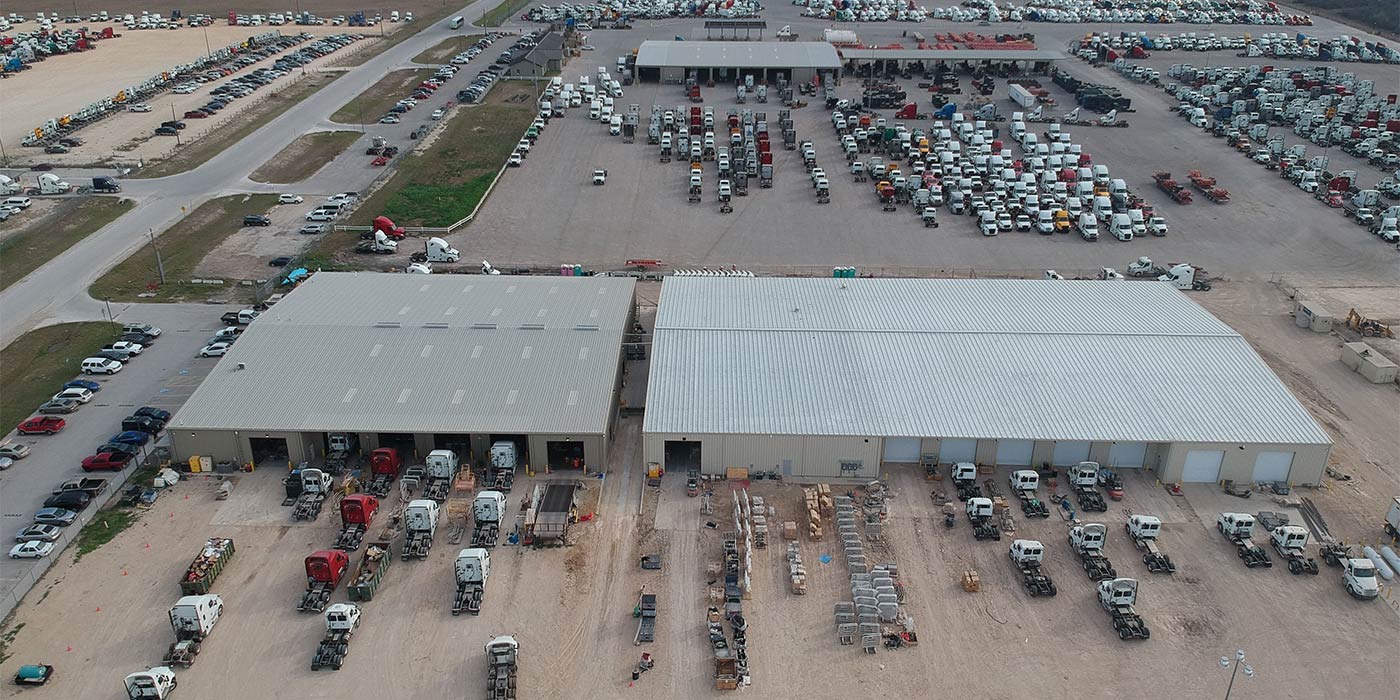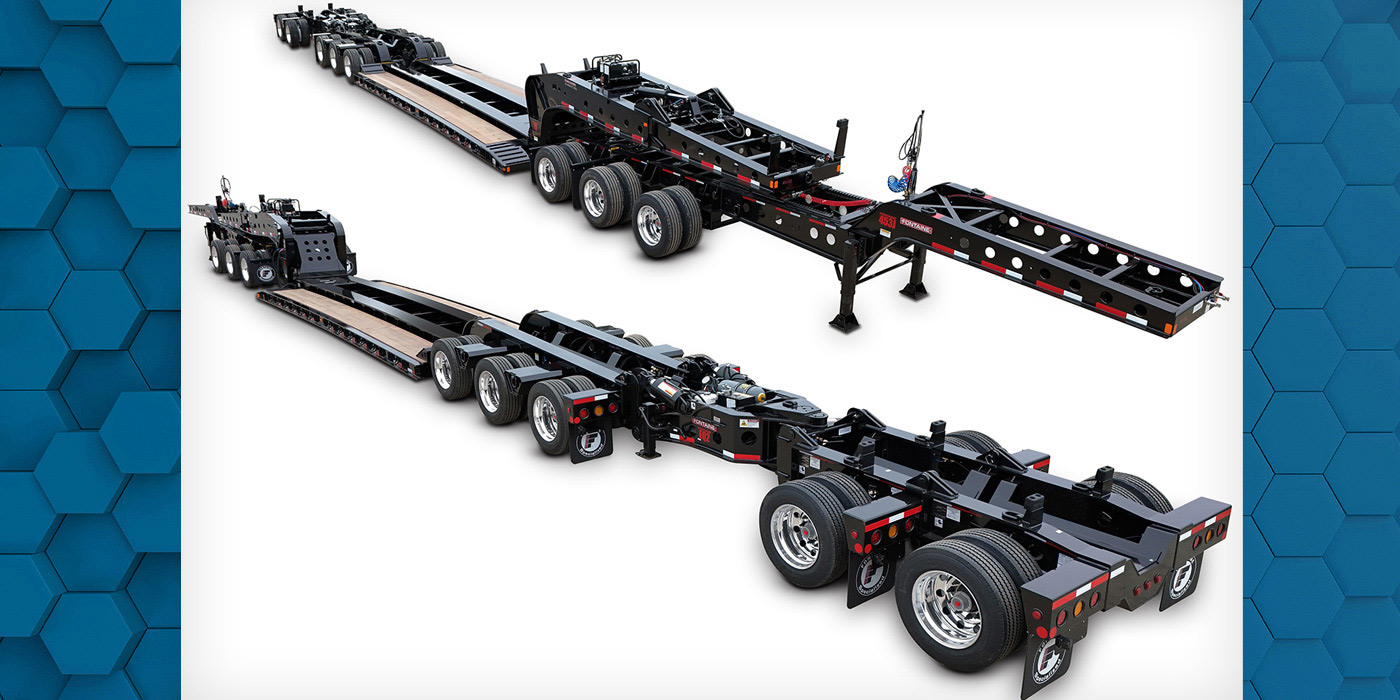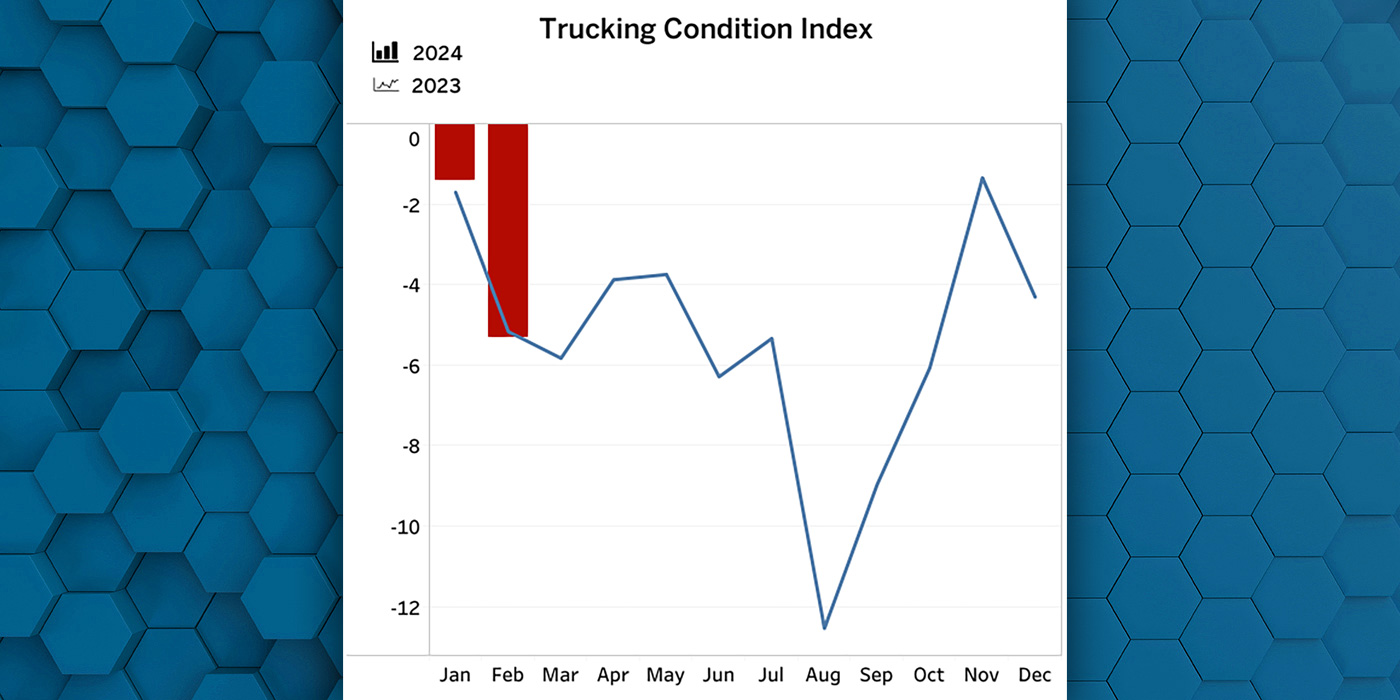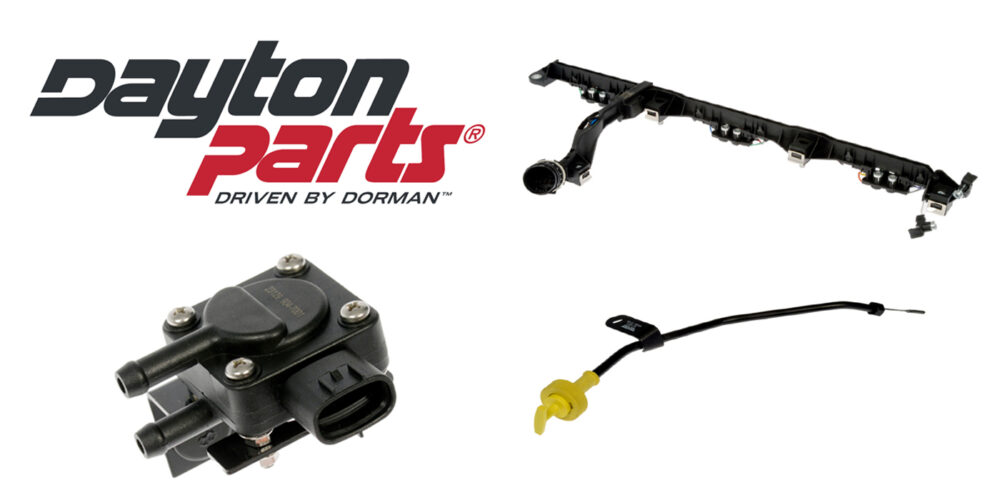Dayton Parts offers new aftermarket products for Freightliner, Mack, Cummins and Hino applications
A new DPF differential pressure sensor, engine oil dipsticks and fuel injector wiring harnesses designed to match OEM spec.
Dayton Parts is introducing several new parts, including a DPF differential pressure sensor, fuel injector wiring harnesses along with engine oil dipstick and tube assemblies.
Dayton's new DPF differential pressure sensor (p/n 904-7001) fits various Hino truck models, including 238, 258, 268, 198, 358 and 195, from model year 2008 to 2020. It's designed to replace the sensor with the OE number S893901090. The company says the sensor accurately measures pressure inside the DPF to help determine when regeneration cycles are required.
K&M Tire hires new executive vice president
In his new role, Jon Zurcher is expected to work with current leadership to strengthen and build on the company’s strategic plans.
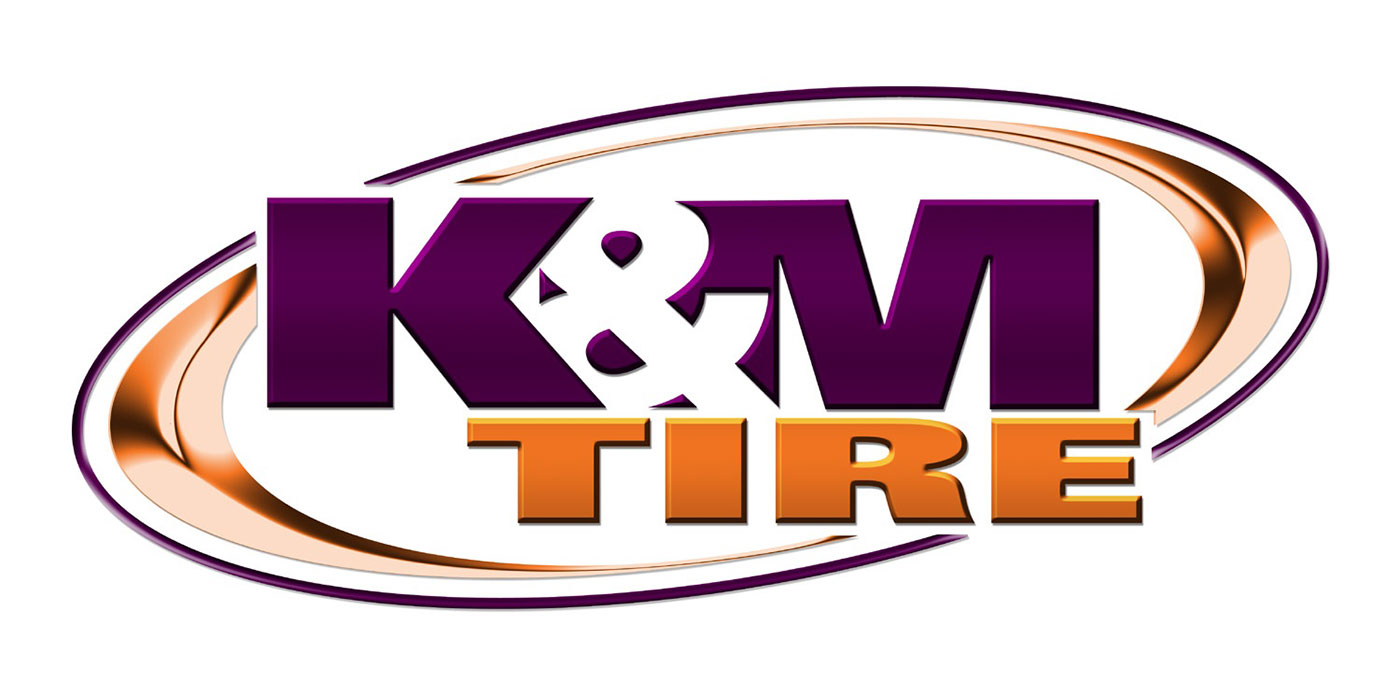
Why fuel filtration science matters
Fleetguard shares the story of filtration science leading to a biodiesel solution with a seven-time increase in performance.

The trucking life of the internal combustion engine going forward
A glimpse into the fossil-free future of truck engines that run on everything from biodiesel to natural gas to hydrogen.

Bendix: Air disc brake production has doubled since 2018
Commercial ADB adoption rates in Class 6-8 vehicles are now up over 50% according to Bendix.

Other Posts
How supplier partnerships move sustainability forward in commercial transportation
The right tires can contribute to significant forward sustainable progress for commercial fleets.
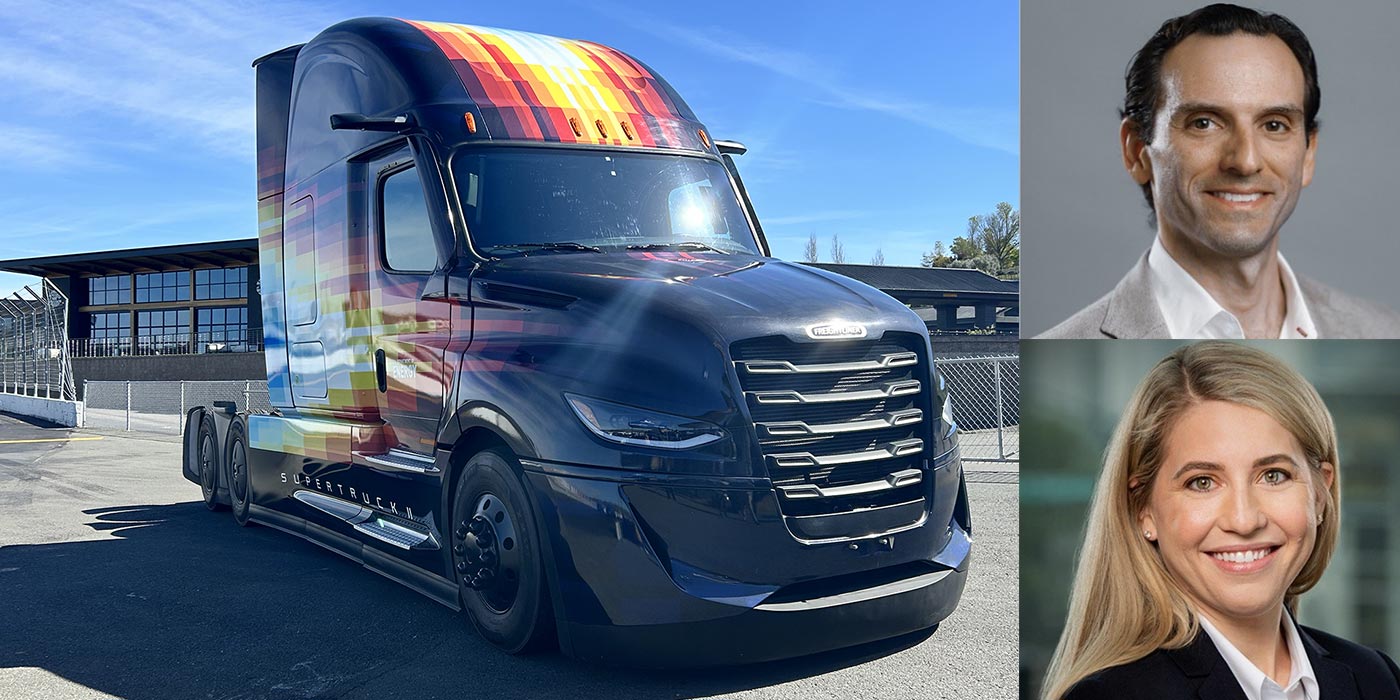
Isuzu introduces updated Ultimate Craft Beer Truck
Having debuted in 2019, Isuzu says the new generation of Ultimate Craft Beer Truck adds convenience and versatility, to keep the party going.
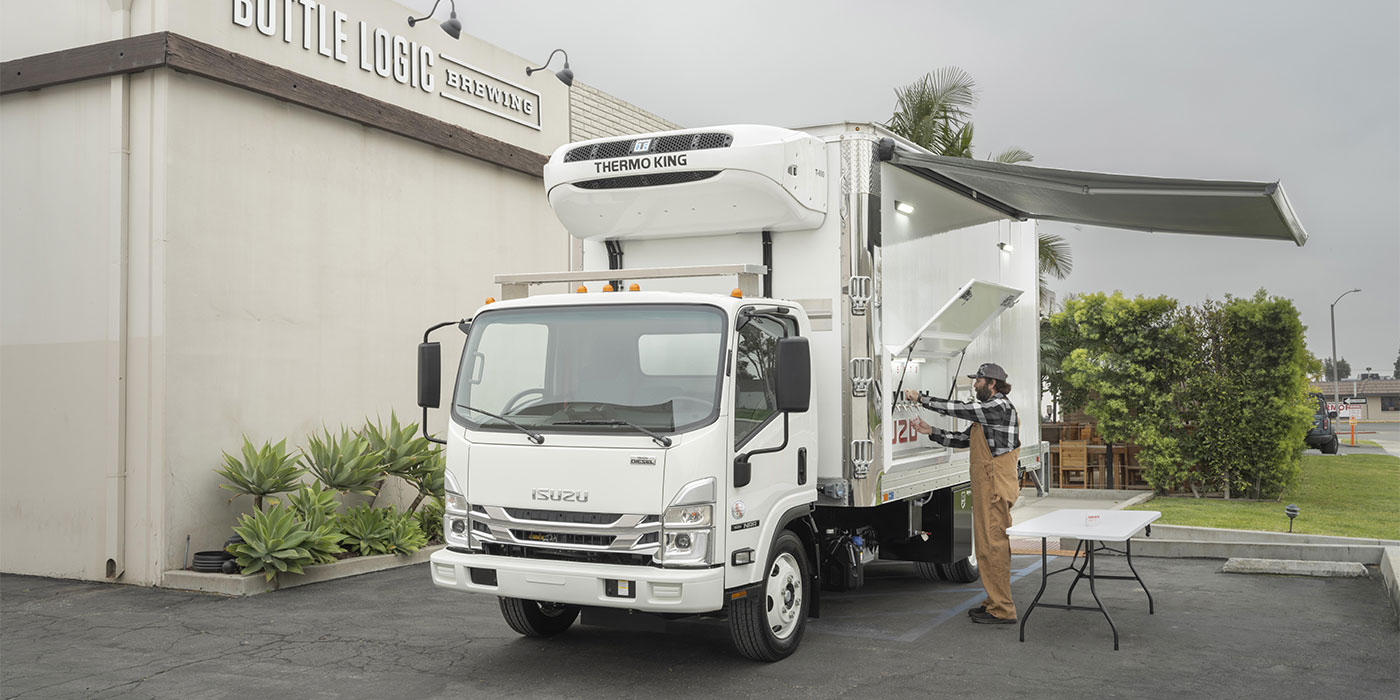
Ford Trucks, Irdeto announce cybersecurity partnership
Irdeto will provide Ford Trucks with a fully managed key lifecycle management service.

Fontaine Modification hits 100,000 truck milestone
Alongside the 27,000 sq. ft. expansion of its Laredo, TX facility, Fontaine expects to hire another 125 employees to meet projected growth.
